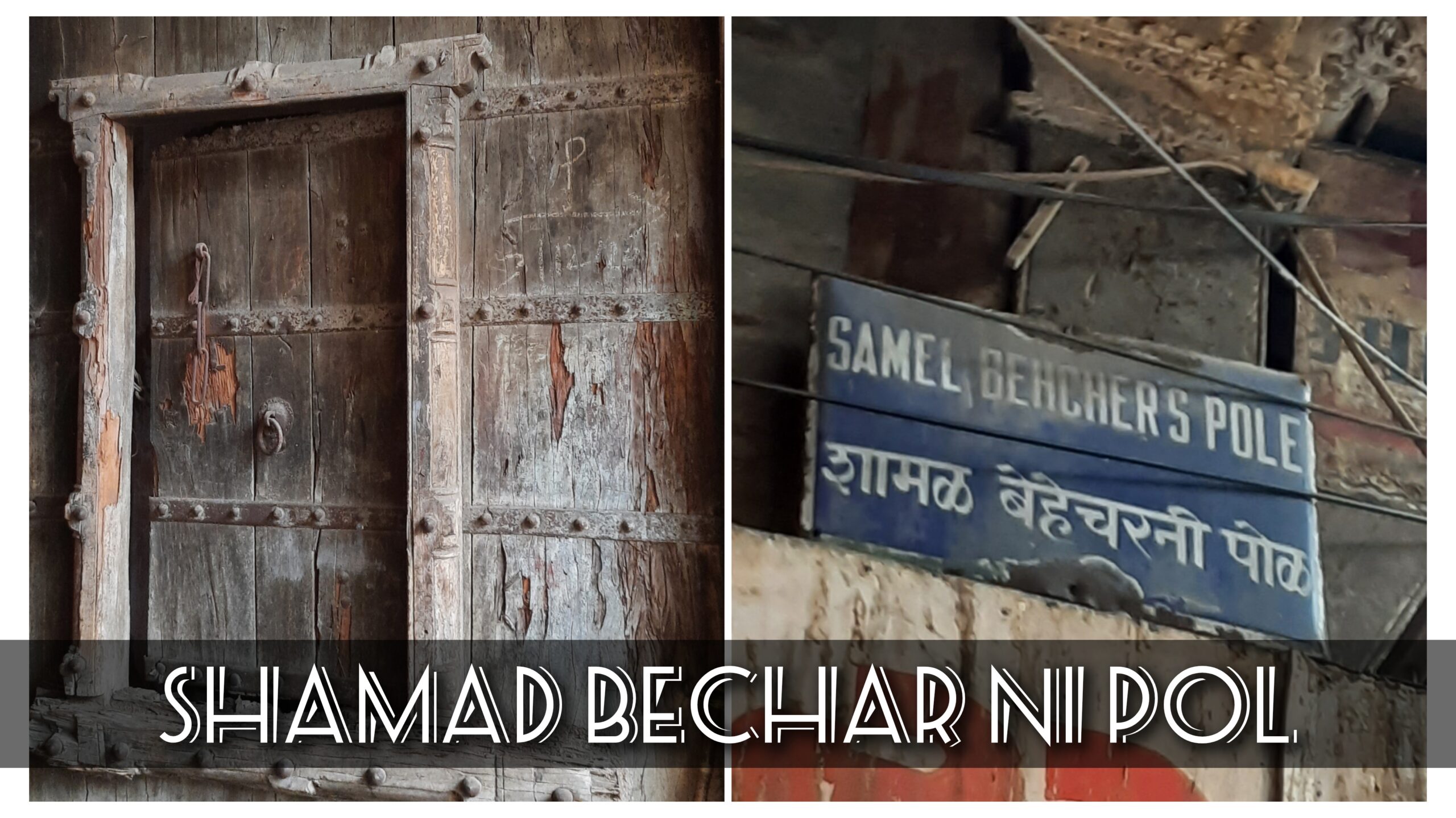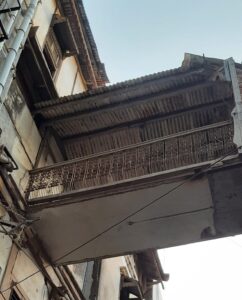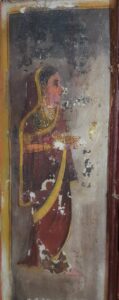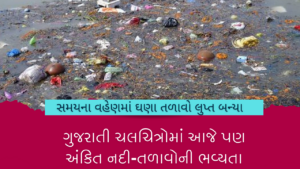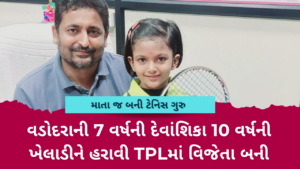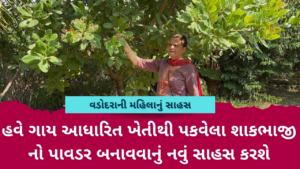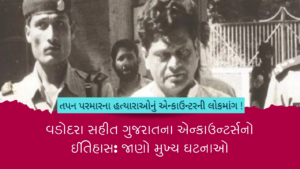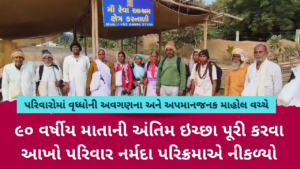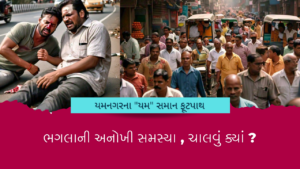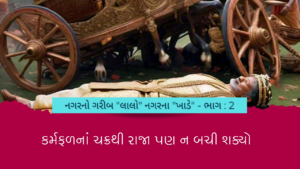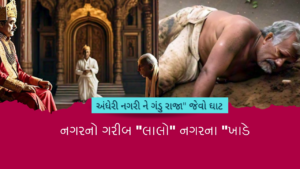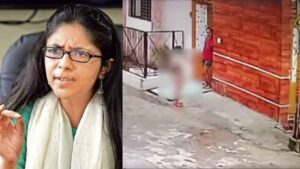A massive wooden door awaits your arrival with an antique board which welcomes you to the Shamad Bechar ni Pol. The entrance has beautiful carvings while there are shops on both the sides. As you move further, you would see a bridge which connects two opposite houses with a chaugan adjacent to it housing the oldest Banyan tree. Major fascinations at this pol are a few old shops which have never witnessed loss since past 100 years of their functioning. The Vitthal Mandir is expected to be 213 years old which resides in this pol. Pol ni Varta explores Shamad Bechar ni Pol which was considered to be the richest pol of Baroda.
Etymology
This Pol has got its name from two of the richest people of Baroda. “Shamad and Bechar were popularly known as the ‘Sheths’, title given by people,” informs Rasiklal Chauhan, Laundry shop owner. In place of the current Bank of Baroda building, there existed a humongous Shamadas ni Haveli. There are evidences of him sending sacks of money to the Gaekwad for the welfare work. There is a picture of the same archived at the Baroda Museum.
Till many years, the elder daughter- in- law of Shamad was living in the Haveli until she was alive. “She had a son who had lost interest in staying in the old structure. He did not take care of the Haveli and sold it,” confirms Chauhan. He now stays in Akota while the Haveli space has the main branch of the Bank of Baroda.
Exploring the story of temples
Shri Vitthal Mandir
“This is 213 year old temple,” enlightens Ramkrishna Vyas, Mukhiyaji (Head Priest). Constructed in 1866, this temple stands strong and spreads positive aura in the pol. The temple previously had a wooden ‘Sabha Mandap’ with intricate Mahabharata gold work. Unfortunately, 70 years back, the entire mandap was brought down due to fire. Ruins of the same are preserved at the museum. The walls of the ‘Garbha- Griha’ of this temple has the famous Raga- Ragini paintings which drives art historians and fanatics to this temple to appreciate its exquisiteness.
“This land previously belonged to the Kandoi Samaj,” says Vyas. It was later bought by Maharani Gahinabai, wife of Maharaja Sayajirao II when they used to stay in Sarkarwada. She was the one to have commissioned this temple from her private funds. It houses the idols of Vitthoba of Pandharpur and his two wives; Satyabhama and Rukmini. “Brahmins from South India were invited for the pran pratishtha (installation) of the idol on Vaishakh Sud Pacham,” says Vyas whose family has been taking care of the temple since past seven generations.
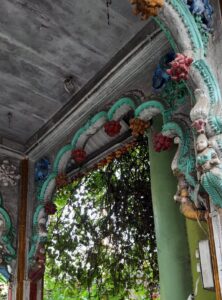 As per the legends, a Soni, devotee of Shiva got a dream to make lord Vitthoba’s kandoro (waistband). He made it once which was bigger than the lord’s waist, post alteration, it became smaller than the waist. He got angry and thought that the lord was making fun of him because he belonged to Shaivism while the lord himself was an avatar of Vishnu. Lord Vitthoba caught his hand and promised him that he will be able to see his lord in him. He asked him to close his eyes and feel his forehead. Surprisingly he felt a Shivalingum on lord Vitthoba’s head. “This form is known as Harihar. Seva here is done as per the Pushtimargiya paddhati,” shares Vyas.
As per the legends, a Soni, devotee of Shiva got a dream to make lord Vitthoba’s kandoro (waistband). He made it once which was bigger than the lord’s waist, post alteration, it became smaller than the waist. He got angry and thought that the lord was making fun of him because he belonged to Shaivism while the lord himself was an avatar of Vishnu. Lord Vitthoba caught his hand and promised him that he will be able to see his lord in him. He asked him to close his eyes and feel his forehead. Surprisingly he felt a Shivalingum on lord Vitthoba’s head. “This form is known as Harihar. Seva here is done as per the Pushtimargiya paddhati,” shares Vyas.
This is a holy place where Shri Dongre Shastri Maharaj, Shambhu Maharaj, Rakashkar Sashtri and several other kathakars used to narrate and organise the ‘Bhagwat Katha Parayan’ every evening at five. The temple complex also houses a well, used by the Shankaracharya when he had visited Baroda back in the time of Gaekwads. “This temple had the first Sanskrit Pathshala, which was later shifted on the top floor of Radha Vallabh Mandir which is recently brought down. It was later shifted to the MS University of Baroda,” says Vyas. One of the most interesting facts is, it was George V from the British government who had organised the handicraft exhibition in Delhi. A Hindola from Vitthal Mandir was displayed there and it had bagged the first prize.
Every year, the temple organises ‘Vitthalnathji no Varghodo’ during the Devpodhi Ekadashi. The procession is a part of the oldest traditions of the city.
Kalka Mata nu Mandir
As per the legends, between year 1520- 30, Mohammed Begda’s brother- in- law was appointed as the Suba and used to stay at the Nazarbaug Palace near Mandvi. Hatred and atrocity was widespread. The then ‘Sheths’ living in the pol were fed up of him. They requested Damajirao and Pilajirao who were ruling till Navasari at that time to defeat Suba. Suba was killed at the Lehripura Gate.
These Roas’ were the devotees of Tulja Bhavani. As they had to shift to Baroda, they were missing Tulja Bhavani. It is believed that the goddess appeared in Damaji Rao’s dream and said that he can visit her at Pavagadh. Hence, a tunnel was made from their residence at Sarkarwada to Pavagadh. Later when his health deteriorated, he had established Bhadrakali temple at the Bhadrakacheri Mahal near Panigate. “My grandfather was the Pandit of that temple,” says the Pujari of Mahakali Temple. Later in 1932, a retired soldier tried to steal the idol of Bhadrakali which then got damaged. “Khandit murti cannot be worshipped, hence the sattva of that murti was removed and a jyot from Pavagadh was installed in the new murti,” informs Panditji.
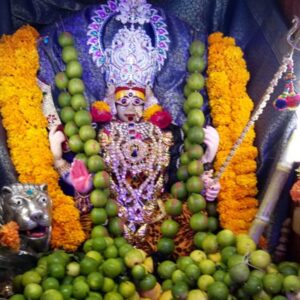 That idol was going to be placed in the Panditji’s house at Sultanpura, but a devotee named Shardaben Mistry requested the Pujari family to make temple in her house. She sold her house to them for rupees 31 in the year 1932 and temple patotsava happened in 1934.
That idol was going to be placed in the Panditji’s house at Sultanpura, but a devotee named Shardaben Mistry requested the Pujari family to make temple in her house. She sold her house to them for rupees 31 in the year 1932 and temple patotsava happened in 1934.
“One of the fascinating fact of this temple is the tantric vidhi and puja that we perform here on the day of Kali Chaudas. Everybody comes to offer limbu no haar on that day,” informs panditji. ‘Mund arpan’ (sacrifice) is always involved in Tantrism, though in place of animal or human, it was Rishi Vishwamitra who replaced living beings with certain fruits and vegetables.
The nostalgic pol residents
People belonging to varied community live in this pol, though most of them are the shop owners. “Our laundry shop is around 70 years old,” says Rasiklal Chauhan whose grandfather, Maneklal was the only dhobi in this pol. “He used to spread nine tables in front of the Vitthal Mandir. Then the current shop was bought in instalments. This pol has hosted world renowned personalities, Kanubhai Brahmbhatt and Jalendu Dave being two of the famous people who later shifted to Karelibaug and Bajwada respectively,” shares Chauhan. Other well- known people from the pol is the entire generations of Zaverchand Laxmichand and the former Mayor popularly known as Bapalal Kaka.
There is another interesting fact of this pol. “It had only one gate, there weren’t many khanchas like other pols, only one khancho was famous known as Vishmaniyo no khancho,” informs Chauhan. It got its name from the Vaishnavas who used to donate sacks of sugar to the needy.
“There was a huge open space in the pol before, which is now taken over by the commercial complexes,” says Atulbhai Baldevbhai Chauhan who has been loving in the pol since past five generations. Two of the other renowned people living in the pol were Panditji and Madhuben, “They quit billions of money that they had and were organising regular Kavi Sammelans. Even Jawaharlal Nehru and Lal Bahadur Sashtri had visited them. They had given up on materialism and survived the entire life on fruits and milk post enlightenment,” confirms Chauhan.
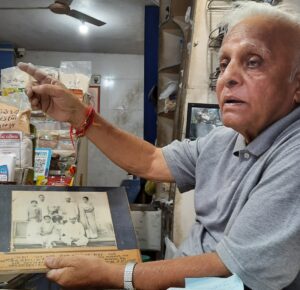 “I belong to the fourth generation of selling variety of flours,” says Gopalbhai Panalal Lotwala, who owns a 100 years old shop on the MG Road which has its other opening in the pol. It was Vitthal Mandir which gave them this shop on rent. “My father had joined Congress in 1950 and the other shop owners around our shop, all of them have played active role in politics then,” says Lotwala.
“I belong to the fourth generation of selling variety of flours,” says Gopalbhai Panalal Lotwala, who owns a 100 years old shop on the MG Road which has its other opening in the pol. It was Vitthal Mandir which gave them this shop on rent. “My father had joined Congress in 1950 and the other shop owners around our shop, all of them have played active role in politics then,” says Lotwala.
Another famous family is the Attarwala family who has been selling attar since the time of Gaekwads. “I belong to the seventh generation of selling attar from this shop. We bring attar from different places of India, predominantly from Maharashtra and UP to sell,” shares Muffaddal Attarwala. “Never have I ever participated in any such activity which becomes the reason of communal disharmony. I would request people from today’s generation to be united and spread peace,” opines Attarwala.
“My dada was famous as Dr. Khanderao who used to sell variety of essential oils, attar, sherbet and murabba,” shares the owner of Khanderao shop who specialises in making natural oils till date. “This place was enclosed within the three walls made from the material brought from Paris by Gaekwad. Only one wall can be seen today,” shares Khanderao with a heavy heart.
None of us who live in Baroda and frequently visit Mandvi wouldn’t have had Sherdi no Ras from Gopal Ras Ghar! “We belong to the fourth generation of selling the sugarcane juice. My son has also rejected the offer of moving to Canada to take our ancestral business forward,” says Chimanbhai Patel. These are just a few anecdotes from the families of this pol, one must visit it during the time of Ganpati as it houses one of the famous pandals of the city.

